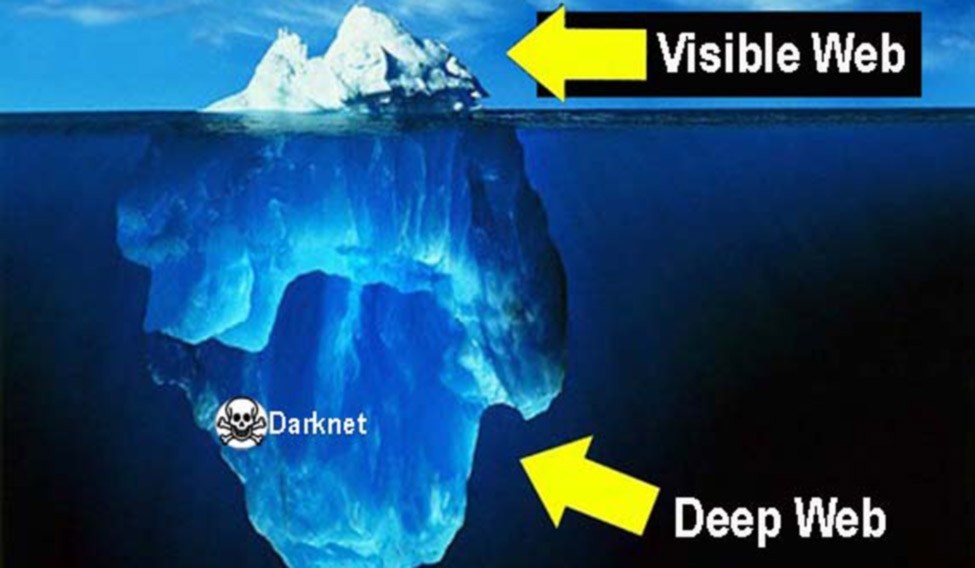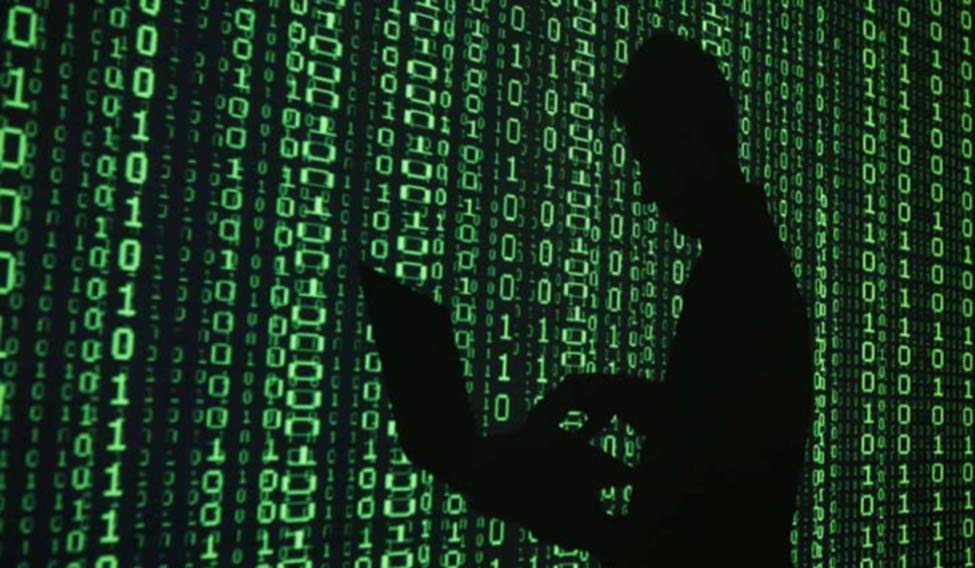Last week, coordinated efforts by cyber police in US, Canada, Netherlands and Thailand shut down the world's two leading Darknet marketplaces, gathering a mass of intelligence in the process, on the global illicit drug trade, its merchants and buyers. The two sites were Alpha Bay and Hansa.
Alpha Bay's Canadian founder, died in a Thai jail in an apparent suicide earlier this month. Hansa is largely based in Netherlands. Three-fourths of the transactions on these two cites pertained to drugs. Other illicit traffic centred on weapons and stolen identities. Both Darknet sites are successors to the most notorious of them all—Silk Road—shut down in 2014, after a US FBI crackdown.
The US claimed that last week's combined operation was "the largest darknet marketplace takedown in history." AlphaBay alone is estimated to have carried over 300,000 listings of drugs, stolen credit cards, and other contraband and accouned for transactions of around $800,000 (over Rs 5 crore) a day.
Earlier this month, Hyderabad was abuzz with stories of large scale drug supply networks in Telangana, that the Narcotics Control Bureau traced to their online roots in the same murky world known as the Darknet.
All this has turn the spotlight on a little known fact: the visible Internet that millions use, at massive sites like Google and Facebook, make up just a tiny fraction of World Wide Web. The other 96 per cent consists of an Internet, where everything is anonymous and untraceable. To put it another way, the Web resources that are hidden and accessible only with special tools, are 500 times larger than the public web. It is comparable to an iceberg, where only a tiny part pokes its head above water. Welcome to the Off-Grid Internet!
Deep Web
Media frenzy is dubbing all of this unseen Internet as the Dark Web or Darknet, peopled exclusively by criminal elements—drug peddlers, pornographers, Internet hackers. This is not correct. The unseen Internet, more accurately called the Deep Web to distinguish it from the Surface Web we know and use, is home to huge academic data bases, massive collections of citizen data, medical data, scientific and legal records ..... all perfectly legal. They are kept in such deep and safe repositories because their owners—governments, publishers, large corporations—don't want the data compromised or leaked, knowingly or otherwise, by everyday users like you and me. Deep Web means the contents cannot be indexed by or searched with the big search engines like Google, Yahoo etc. But any of us can access them with a standard browser if we know the web address or URL. We may not know it, but most banks store their records in the Deep Web and when we access our savings account, we are in fact allowed by the bank to take a peek into that part of the Deep Web that stores our records.

Dark Web
A subset of the Deep Web is the Dark Web. These sites cannot be accessed by ordinary browsers like Google, Android, Microsoft Edge, UC Browser etc. You need to download a special browser and the most commonly used is what is known as TOR - The Onion Router. Anyone can download this—at www.torproject.org. It is created by a public spirited group which believes there is too little privacy on the visible Internet. If you don't want Google to follow your every key stroke, snoop on what you read and buy—then send you unsolicited advertisements the next time to open the browser or Gmail-- you can opt to browse anonymously, using Tor. Many ordinary users do so and with no bad intentions, except to protect their privacy. Similar private browsers are routinely used by political dissidents in many countries to prevent reprisals; by lay citizens to avoid the prying eyes of the State seeing what they are reading; by whistle blowers who have put out huge information like Wikileaks in the public domain.
Darknet
Tor says 96 per cent of its users are just ordinary law abiding people seeking anonymity and privacy. Only 4 per cent of its traffic consists of hidden services. This is what is known as Darknet. This is the dark underbelly of the Internet, a virtual avatar of the underworld. Darknet includes computer criminals like those in recent global Ransomware attacks, who take over large corporate sites and demand a ransom to restore them. It includes mass hackers who steal data bases of citizen records or credit card numbers and put them up for sale at $ 2 (Rs 128) a record. And it includes criminal elements who sell anything from porn to drugs to AK 47s. Their favoured currency is Bitcoins, which currently cost the equivalent of $ 2370 (Rs 1.5 lakhs) per coin and are untraceable.
Yes, there is a deep, unseen Internet—but only a small part of it is criminal activity. That said, the numbers are so huge that Darknet may emerge as the largest, most well ensconced and challenging form of crime that exists today. But the multi-nation crackdown of recent days shows, that the cleansing has begun.




